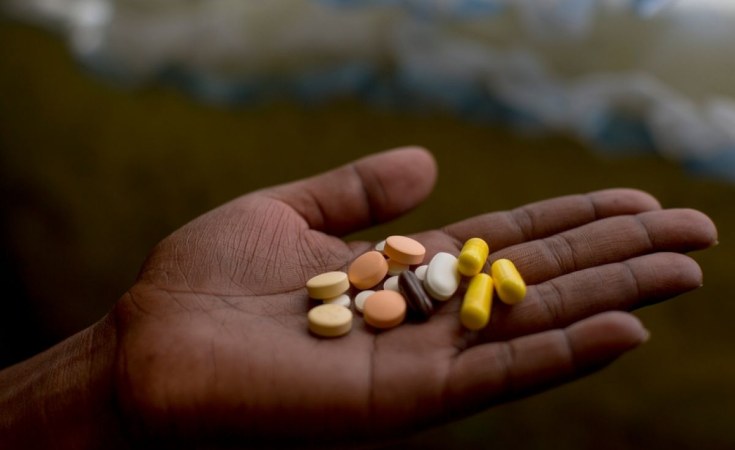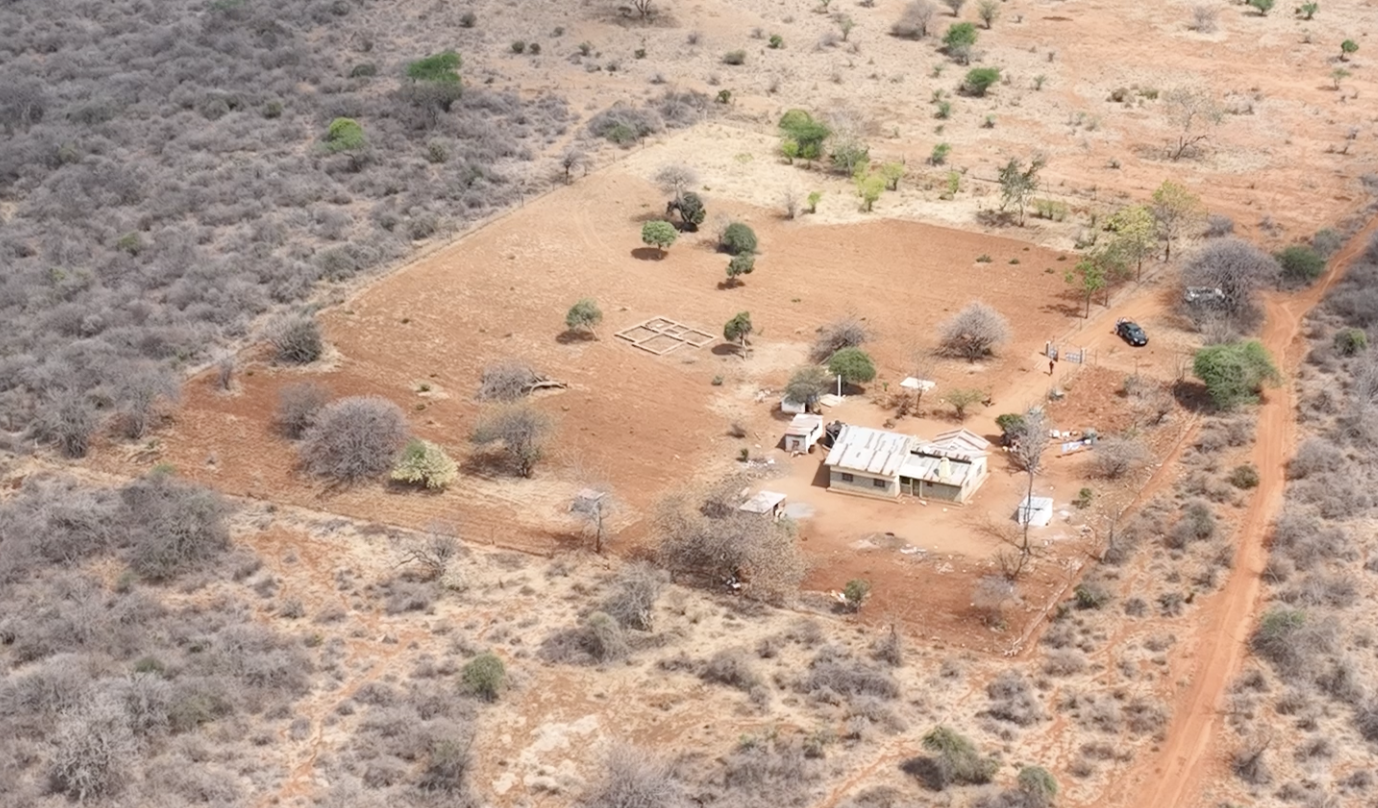
Médecins Sans Frontières applauds TB drug price cut by Johnson & Johnson
The international medical humanitarian organization Doctors Without Borders/Médecins Sans Frontières (MSF) has applauded reduction of Tuberculosis(TB) drug bedaquiline by Johnson & Johnson’s (J&J) to $1.50 per day.

MSF submitted that governments must now urgently scale up the use of the treatment as a core part of drug-resistant TB (DR-TB) regimens, MSF said.
The World Health Organization (WHO) recommends the easier-to-adhere-to bedaquiline–sold by J&J as Sirturo–as the backbone of DR-TB treatment.
The oral medicine can replace older, more toxic drugs that have to be injected daily and can cause intolerable side effects, such as deafness.
However, the price charged by J&J for bedaquiline has remained a critical barrier to countries that want to scale up this lifesaving treatment, especially considering the drug is just one of many required in a DR-TB treatment regimen.
“With a reduced price, governments must urgently scale-up the use of bedaquiline as a core part of all-oral DR-TB regimens,” said Dr. Pilar Ustero, TB advisor at MSF’s Access Campaign. “Let’s not waste a minute putting an end to the suffering of people with DR-TB.”
In light of the COVID-19 pandemic, WHO has further advised countries to treat people with DR-TB in the safety of their homes by using all-oral regimens, including bedaquiline, instead of injections that require people to go to clinics, where they could possibly be exposed to other patients who have contracted the novel coronavirus.
The older, longer DR-TB treatment used by many countries up to now required people to take up to 14,000 pills over the course of nearly two years, and to endure up to eight months of painful daily injections.
“As the world reels from the COVID-19 pandemic, access to affordable treatment with bedaquiline is the need of the hour for people with DR-TB,” Ustero said. “Not only are the older drugs that have to be injected painful and can cause severe side effects, they also require people to travel to health facilities every day, putting them at increased risk of COVID-19 infection.”






